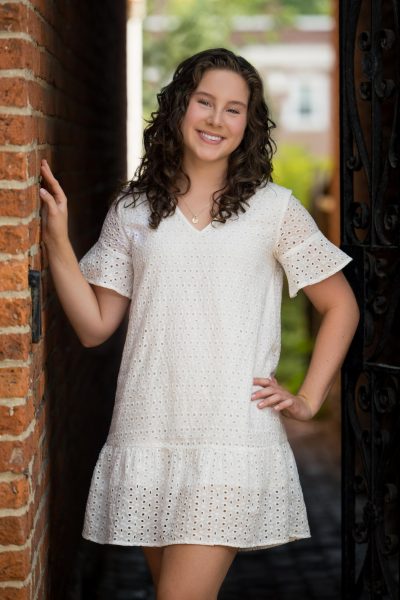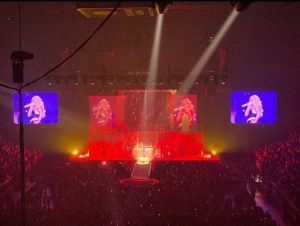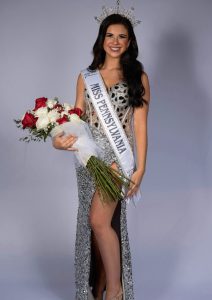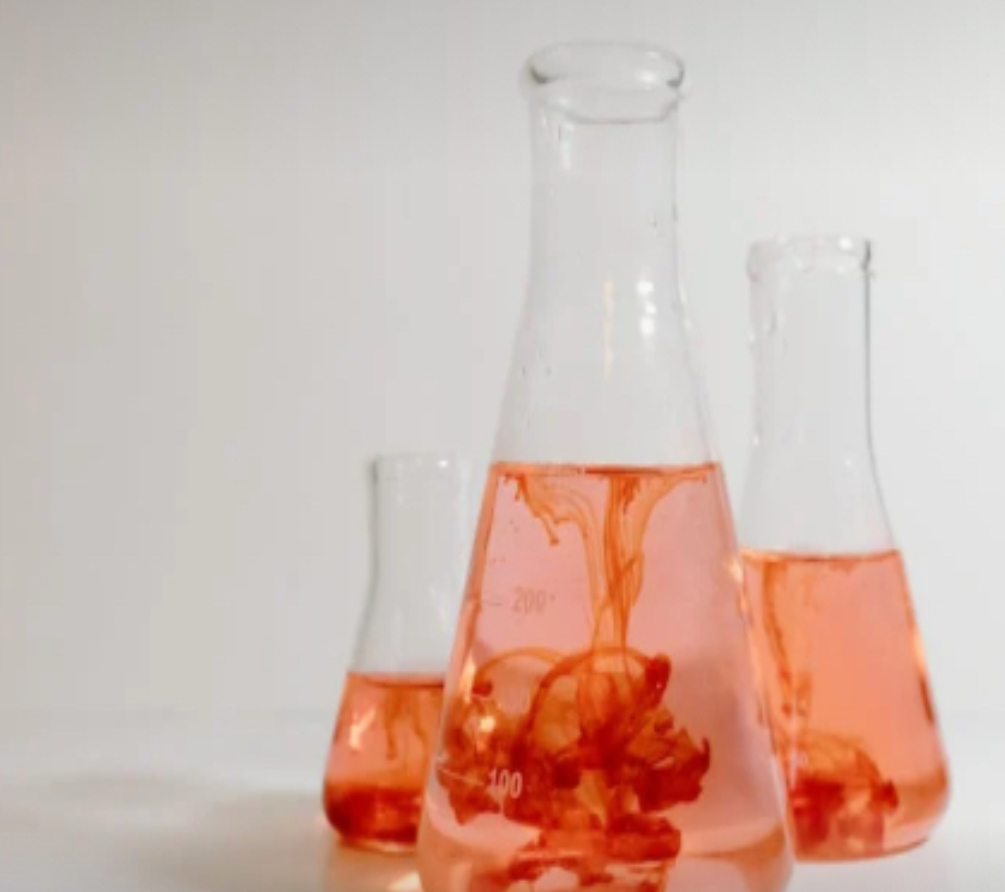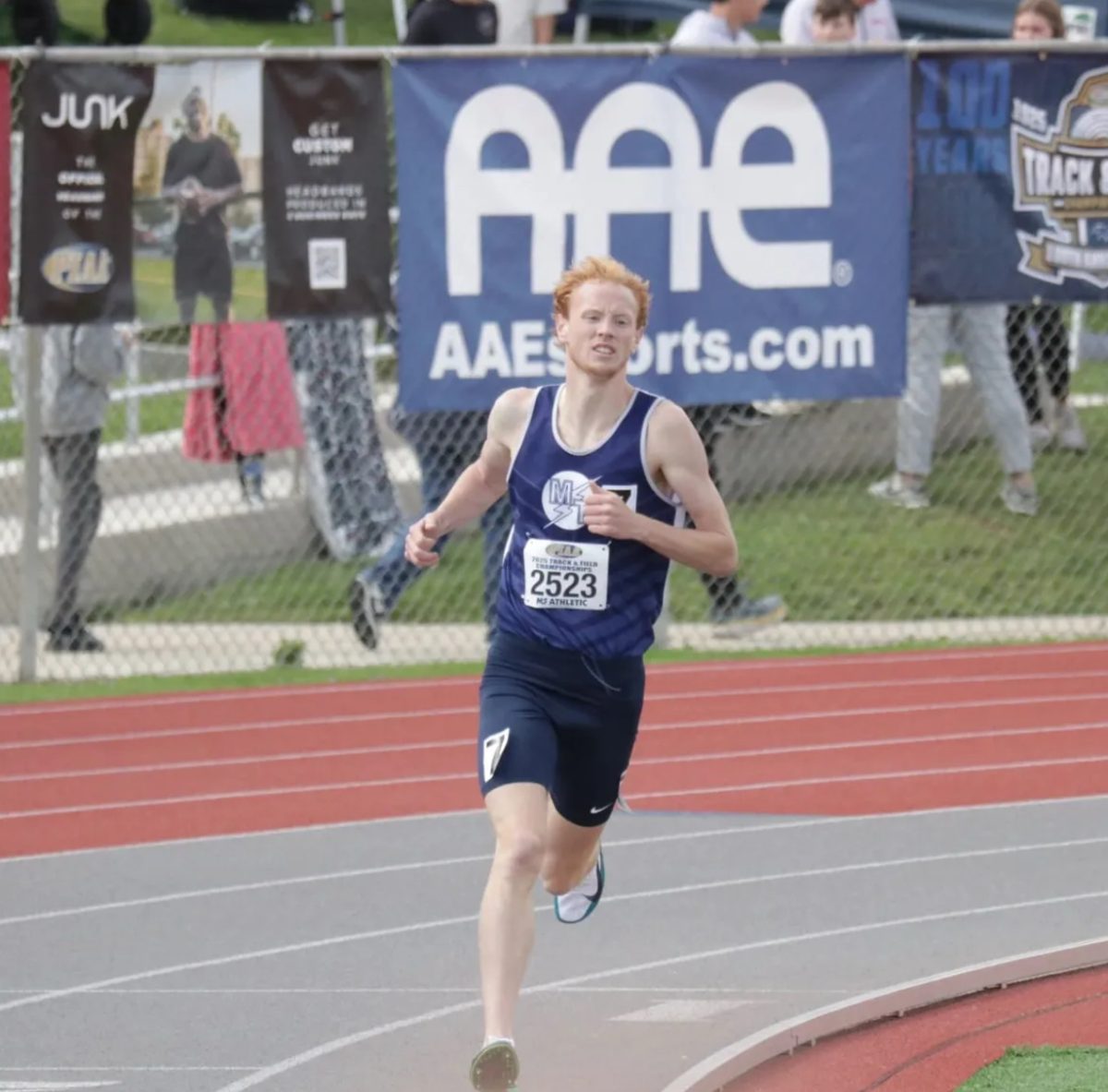Student speakers prepare for states
From left to right: Alison Penner, Sia Patel, Lynn Hobbs, Diego Landaverde, Pritesh Tanna, Meagan Speizer, Ava Othmer, and Aaron Wood
February 13, 2022
Competing in the district Speech and Debate tournament, juniors Alison Penner and Diego Landaverde earned district titles after winning first place in their respective events. Messiah University hosted the tournament on January 29th, and three other members of MT’s team qualified for states along with Penner and Landaverde.
Penner specializes in an event called extemporaneous speaking. Each competitor receives three current event issues and chooses one to speak about. An example from this tournament was “How should the US deal with lower vaccination rates among police officers?”. Then they are given 30 minutes to prepare their speech before performing it in seven minutes, making sure to cite seven articles in the argument.
Although a little nervous, Penner said she’s excited for the state tournament, which will take place virtually on March 18-19. She feels that her recent win boosted her confidence but overall thinks that all competitions are a chance to improve and better her skills. “I think it’s always a learning experience. The more tournaments I qualify for the better, because it means I can practice more,” Penner said.
Landaverde also qualified with a speech event, although he performed in the original oratory category. This event, in contrast to extemporaneous speaking, can be written and prepared for ahead of time. It consists of a 10-minute memorized speech that each student writes on a topic of their choosing, with the ultimate goal being to persuade the audience into agreeing with their position. This year, Landaverde’s topic is “the power of reflection”. He’s excited to advance to states and compete against the best speakers in Pennsylvania.
Along with Penner and Landaverde, junior Pritesh Tanna and seniors Lynn Hobbs and Siya Patel will also be attending the state competition as automatic qualifiers. Due to the small number of students participating in their chosen events, they were automatically entered into the state tournament.
Tanna will be competing in his chosen event, humorous interpretation, where the student performs a humorous script to the judges that they’ve chosen and practiced beforehand. Once he writes and practices his speech, he can continue to use the same speech for each tournament. “The competition’s tough, but I think if I work hard, I might be able to do well at states,” Tanna said.
Hobbs and Patel will be going to states for their event, duo interpretation, which is a speech performed by two people. Like Tanna, they can use the same speech for each competition. Duo interpretation focuses on a balance between the two performers and “with a ten-minute time cap, and a requirement of an off-stage focus, Duo is one of the most unique forms of performance,” according to the National Speech and Debate Society.
Also accompanying these five students to states will be Aaron Wood and Meagan Speizer, who will compete in a supplemental category, which is a secondary category for those who did not qualify for their original event.
“I am really happy for the opportunity. I didn’t qualify in my main event, which is also [extemporaneous] speaking, so I was really glad for this opportunity to get a second chance in a different event,” Wood said.
The students’ performance at districts is a significant achievement for the first year of MT’s Speech and Debate club, who competed against schools with years of prior experience. “I think that for a first-year speech and debate team, we’ve done tremendously well,” said Tanna.
The events listed above are a few of the many categories offered at Speech and Debate competitions; other events include dramatic interpretation, informative speaking, original spoken word poetry, and more. There are three rounds to each event, and students are ranked out of the number of speakers in the round. For example, if there are five people competing, the best competitor earns a score of one, and the competitor coming in last earns a five. After the three rounds, points are totaled up, and the students with the lowest scores move on to the semi-finals and finals, although not all tournaments have final rounds.
Students receive a text or an email when it is their turn to compete, telling them where to go and who they will be competing against. In order to move on to the state competition, students must either get 1st or 2nd place in the district tournament.
“[Competing is] really tiring, but it’s also really rewarding,” said Landaverde.
Competitions typically last from 8am to 6pm. When students are not performing, they can wait in the school’s cafeteria or auditorium, or practice in an empty classroom before their event. Because of the long day, students either bring money for lunch or pack their own.
Both Wayne and Kenneth Kantz, the teachers who run the Speech and Debate club, are very proud of what their students have accomplished this year. “As we grow, and hopefully as the activity becomes more familiar, I think that the student body here has the talent to win as a team at the district level, not just as individuals,” said Mr. Wayne Kantz.
The two teachers started it because they too did Speech and Debate when they were in high school and “it had a really profound impact on us in terms of increasing confidence and setting a stage for what we chose to do for a living,” Mr. Kenneth Kantz explained.
The teachers emphasize the fact that MT’s Speech and Debate club is open to all students, and although this season is coming to a close, they will be having a meeting in the spring for next year’s season.



